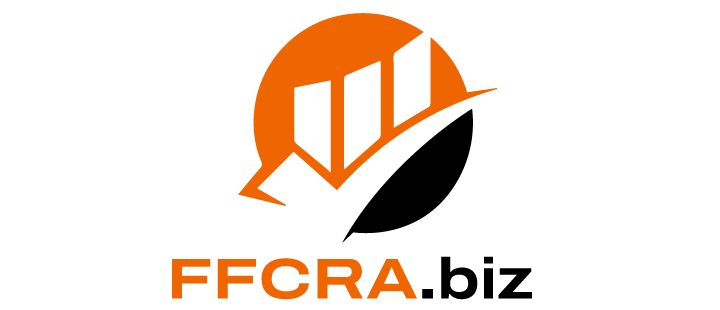5 Straightforward Ways to Reduce or Eliminate IRS Penalties
The IRS penalty relief process can be complex, but the core programs are publicly available and clearly defined. If you take the time to understand the rules—and provide the right documentation—you may qualify to reduce or completely remove penalties that have been added to your account.
1. First Time Penalty Abatement First Time Penalty Abatement (FTA) is one of the most common ways to remove IRS penalties. It’s designed for taxpayers who’ve generally stayed compliant but made a one-time mistake, like missing a filing deadline or payment.
To qualify, You may be eligible if:
- You had no significant penalties in the past 3 years
- All required tax returns are filed
- You’ve paid or arranged to pay any tax owed
- FTA applies to penalties for:
- Late filing
- Late payment
- Failure to deposit payroll taxes
2. Reasonable Cause Relief – If your failure to file or pay taxes was due to circumstances beyond your control, the IRS may remove penalties under Reasonable Cause Relief. This option is available when you can show that you exercised ordinary care but still couldn’t meet your tax obligations.
You may qualify if you missed deadlines because of:
- A serious illness, injury, or death in the family
- Natural disasters or fires
- Inability to access records
- Incorrect advice from a qualified tax professional
- The IRS considers each case individually, based on the facts and your compliance history.
3. Statutory Exception A Statutory Exception applies when the IRS imposes a penalty based on its own error, incorrect advice, or procedural mistake. This relief is available when you can show that you followed IRS instructions in good faith but were penalized for inaccurate or misleading guidance.
You may qualify for a statutory exception if:
- You received written advice from the IRS that turned out to be incorrect
- The IRS sent conflicting notices or failed to process your return properly
- A penalty was caused by IRS administrative or system errors
- You must provide proof that you relied on the IRS’s guidance or were directly affected by their error.
4. Administrative Waivers – An Administrative Waiver is a form of penalty relief the IRS may grant under special circumstances, often tied to policy changes or systemwide issues. These waivers are initiated by the IRS and typically apply to a broad group of taxpayers without requiring individual hardship explanations.
Administrative waivers are generally available when:
- The IRS announces relief due to systemic processing issues
- There is a change in IRS policy or tax law that affects how penalties are applied
- The IRS offers automatic relief for a specific period or event (e.g., post-COVID penalty forgiveness for 2019-2020)
5. Disaster or Special Circumstance Relief The IRS may provide penalty relief to individuals and businesses affected by federally declared disasters, public emergencies, or other large-scale events. This type of relief is offered under IRS disaster relief guidelines and applies automatically or upon request, depending on the situation.
You may qualify for disaster-related penalty relief if:
- You live or operate in a federally declared disaster area
- The IRS issues a notice delaying tax deadlines in your area
- You experienced a hardship caused by events like hurricanes, wildfires, floods, or COVID-19
- The IRS typically grants automatic extensions for filing and payment and may remove penalties for those who comply within the extended period.

